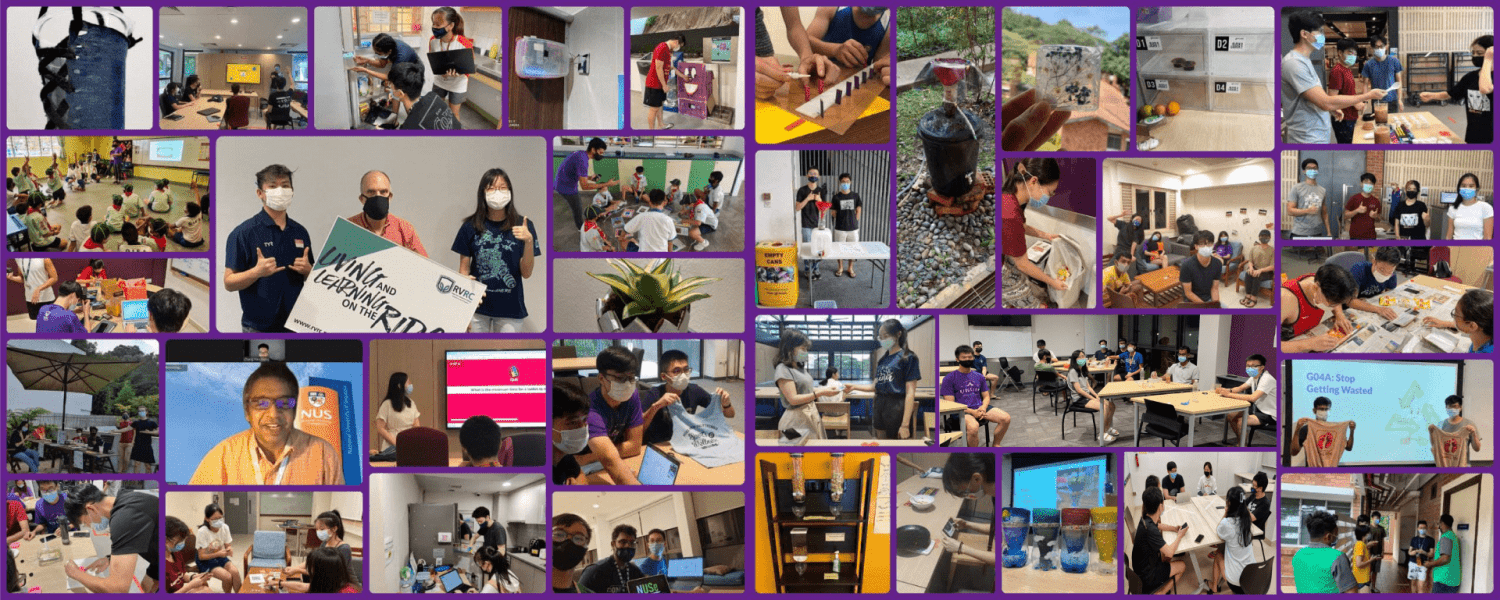Hu Yi (FOE), Liew Tse Chuan Joseph (SDE), Sun Jiawei (FOE), Zhang Bo Ya Grace (SDE)
Academic Advisor: Ms. Wong Kah Wei
Water supply in Singapore is limited and PUB aims to lower water consumption, and an understanding of water use habits would be useful to implement conservation measures. Our objectives were to evaluate the effectiveness of water thimbles and posters in helping residents save water. We carried out our implementation at two floors by: i) installing thimbles and water meters in their pantry taps ii) pasting water conservation posters informing residents that thimbles were installed iii) conducting surveys to understand residents’ tap usage iv) conducting observations and interviews regarding differences in tap usage.
Thimbles reduced flow rate by ~50%, but total water consumption was hardly reduced despite their installation. Interviews revealed that perceived time spent using the tap was unchanged, though data and observations said otherwise. Thimbles and posters were not proven to be effective in saving water. Residents likely required more direct changes in their water usage habits to save any meaningful amount of water.
